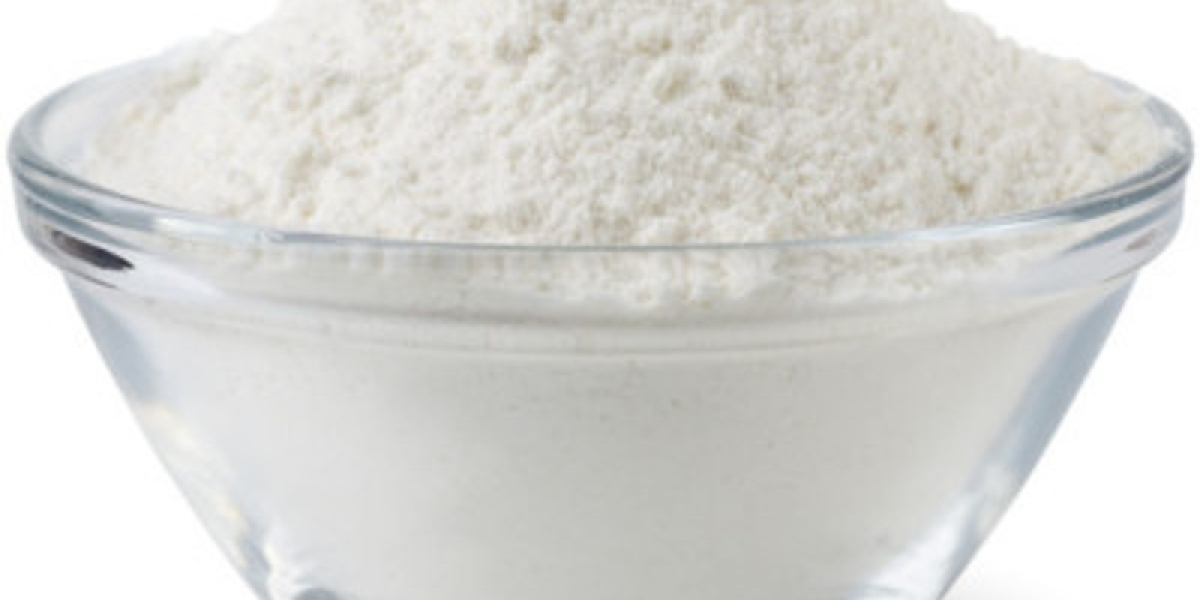chemical manufacturing companies face a variety of common data breaches that can compromise sensitive information and cause significant financial and reputational damage. Here are some of the most prevalent types of data breaches:
1. Phishing Attacks
Phishing is one of the most common types of data breaches. Attackers use deceptive emails, SMS messages, or other communication methods to trick employees into revealing sensitive information, such as passwords or financial details. These attacks often involve:
- Phishing Emails: Fake emails that appear to be from legitimate sources, asking recipients to click on malicious links or download malware-infected attachments.
- Spear Phishing: Targeted attacks on specific individuals, such as finance staff or senior executives.
- Deepfakes: Highly convincing fake audio or video content used to impersonate colleagues or executives and deceive targets into transferring funds or divulging sensitive information.
2. Insider Threats
Insider threats come from individuals within the organization who have legitimate access to sensitive data. These threats can be accidental or intentional:
- Accidental Exposure: Employees may inadvertently expose sensitive data through negligence, such as misconfigured cloud storage or sharing data with unauthorized parties.
- Malicious Intent: Disgruntled employees or contractors may steal data for personal gain or to sell it to competitors.
3. Misconfigured Systems
Improperly configured systems, such as cloud storage or network settings, can expose sensitive data to unauthorized users. Regular audits and vulnerability assessments are essential to identify and fix these issues.
4. Ransomware Attacks
Ransomware is a type of malware that encrypts data and demands a ransom for its release. Attackers may also steal data and threaten to release it if the ransom is not paid. This type of attack can be particularly damaging, as it not only locks data but also puts it at risk of being sold or leaked.
5. SQL Injection Attacks
These attacks target vulnerabilities in web application code, allowing attackers to access or manipulate databases. Poorly managed data entry forms and unfiltered user inputs can enable attackers to bypass authentication processes or retrieve sensitive information.
6. Man-in-the-Middle (MitM) Attacks
Attackers intercept data transmitted between users and internet resources, often by creating fake Wi-Fi hotspots or redirecting traffic to malicious websites. VPNs and encryption can help mitigate this risk.
7. Third-Party Breaches
Third-party vendors and service providers can introduce additional risks. If a vendor’s environment is compromised, attackers can gain access to the primary organization’s data. Robust vendor risk management and regular security assessments are crucial to mitigate these risks.
8. Physical Theft or Device Loss
Stolen or lost devices, such as laptops, smartphones, or external drives, can lead to unauthorized data access. Encrypting devices and enabling remote wipe capabilities can help minimize the impact.
9. Credential Stuffing
Attackers use stolen credentials from previous breaches to attempt unauthorized logins on other sites or applications. Implementing strong password policies and multi-factor authentication can help prevent this type of attack.
10. DNS Hijacking or Domain Spoofing
Attackers alter DNS records or domain configurations to redirect traffic to malicious websites, capturing user credentials or intercepting data.
Mitigation Strategies
To protect against these data breaches, chemical manufacturing companies should:
- Conduct regular security audits and training for employees.
- Implement strong authentication and encryption measures.
- Use Data Loss Prevention (DLP) tools to monitor and protect sensitive data.
- Conduct thorough due diligence on third-party vendors.
- Enable remote wipe capabilities and disk encryption for mobile devices.
By understanding these common data breaches and implementing robust security measures, chemical manufacturing companies can significantly reduce the risk of data exposure and protect their sensitive information.


